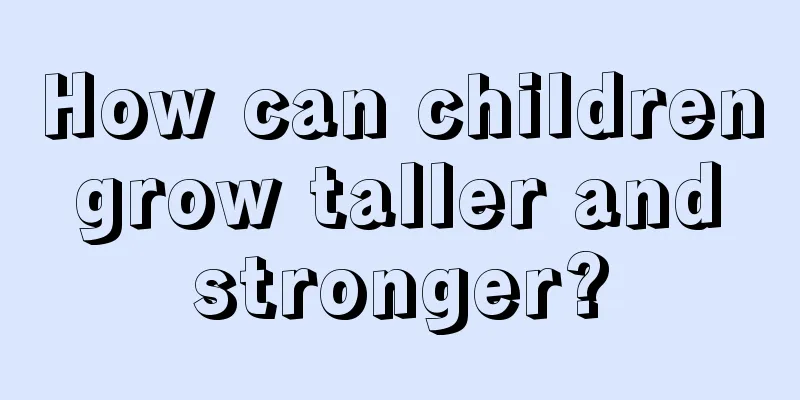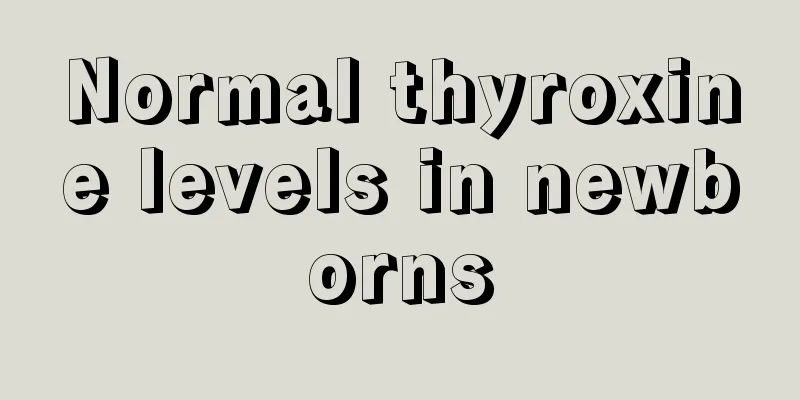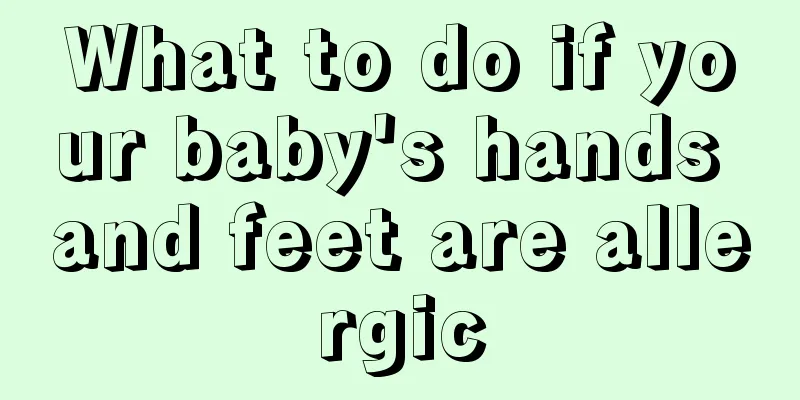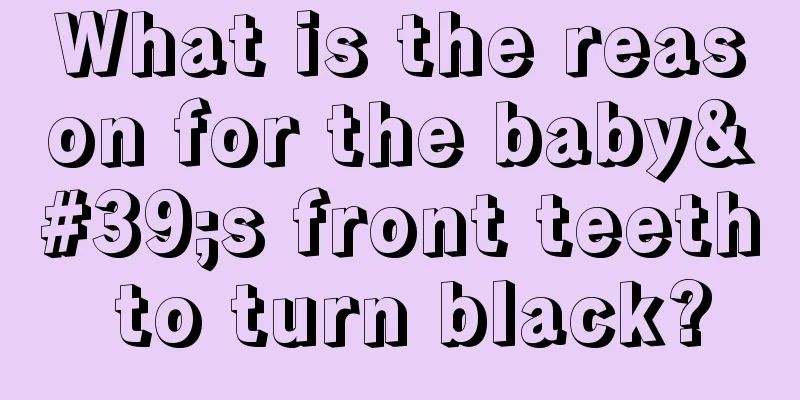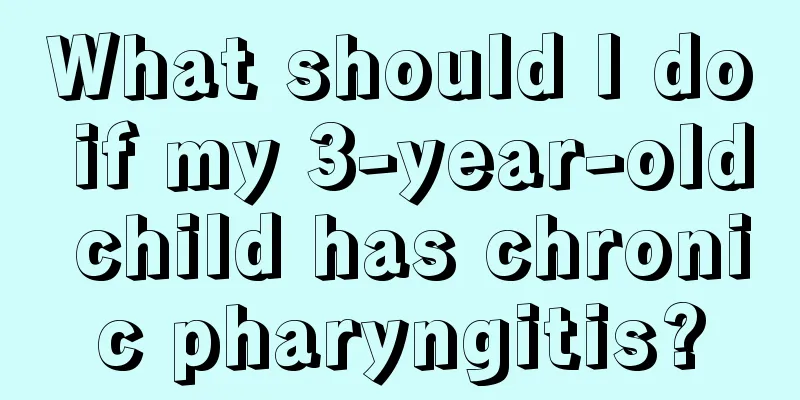What to do if your child has a fever
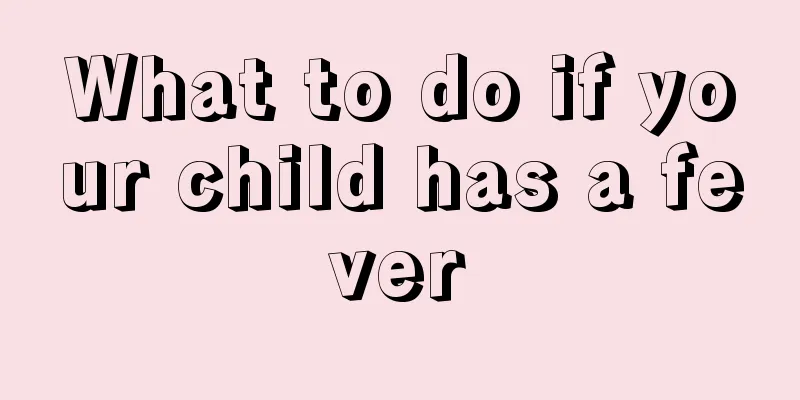
|
Fever is a common symptom in children, but the sequelae caused by fever are very scary. In severe cases, it can also cause encephalitis and even stop the child's physical development. Therefore, when a child has a fever, we must take the correct method to reduce the fever. Let us now understand what to do when a child has a fever? 1. Pay attention to your child’s mental state. If the child has a high fever but is in good spirits, and can still laugh and play after taking medicine to reduce the fever, and is almost the same as usual, it means that the child's condition is not serious and he or she can be rest assured to recuperate at home. If the child is listless, tired, and has a dull expression, it indicates that the child is seriously ill and should be taken to the hospital immediately. (2) Observe the child’s facial complexion. If the child's complexion is normal or flushed, you can safely care for him/her at home. If the face is dull, yellow, blue, or purple, and the eyes are dull, it means the condition is serious and the person should be sent to the hospital. (3) Observe whether the child has severe, projectile vomiting. If so, it indicates the possibility of brain disease, the child should be taken to the hospital. (iv) Check the skin for rashes; if present, this may indicate an infectious disease or drug allergy. Check whether the skin turns purple or cool, which indicates circulatory failure. In both cases, you need to go to the hospital again. (5) Observe whether the child has abdominal pain and bloody stools. Abdominal pain that does not allow massage indicates acute abdomen, and bloody stools indicate dysentery, etc., and the child must be taken to the hospital. If the child only has a high fever and does not have the above complications, there is no need to worry even if the fever subsides slowly or recurs from time to time. You should patiently treat and care for the child at home. You can take the following measures: (1) Keep the environment quiet, comfortable and moist, ventilate the room regularly, and adults should not smoke. (2) Fever is the body's protective response against microbial invasion and is beneficial to enhancing the body's resistance. Therefore, there is no need to take antipyretics if the body temperature is below 38.5℃. Antipyretic measures are only required if the body temperature exceeds 38.5℃. (3) The sick child should not wear too many clothes, the quilt should not be too thick, and the child should not be "sweat-covered" to avoid affecting heat dissipation and causing the body temperature to rise even higher. The above are the measures to take when a child has a fever. Many bacteria and viruses are transmitted from adults to children, so adults must be careful not to smoke in front of their children. Their respiratory tract is more fragile and prone to unnecessary infections. I hope the above information can help you. |
<<: What to do if a newborn has red pimples on his face
>>: How much milk should a four and a half month old baby have?
Recommend
What to do if your child is allergic
Children are often weak and sickly when they are ...
What causes itchy belly after giving birth?
Many female friends need to regulate their bodies...
What to do if your child always bites his lower lip
If a child often bites his lower lip, it is likel...
What should I do if my child has a fever and feels cold?
People will suffer from some diseases in their da...
Why does my child keep turning over when sleeping at night?
Parents all hope that their babies can have a goo...
How to apply for medical insurance card for children with non-local household registration
Due to the development of today's society, th...
Can children take vitamin C effervescent tablets?
Generally speaking, adults like to drink vitamin ...
Why do newborn babies shed their skin?
Some newborn babies have physical problems, so th...
What are the symptoms of dry eyes in children?
I believe everyone knows about the eye disease of...
What causes zinc deficiency in children?
Children are the treasures of the family. They ar...
Small red spots all over the child's body
Small red spots appear all over children's bo...
What is the reason why children’s skin becomes darker and darker?
Everyone’s impression of children is that they ar...
How to quickly reduce neonatal jaundice?
Many newborns have severe jaundice after birth, a...
What should I do if my child has dark yellow skin?
Children's skin is generally fairer and smoot...
Diet therapy for bronchitis in children
Children are a vulnerable group and are more susc...
